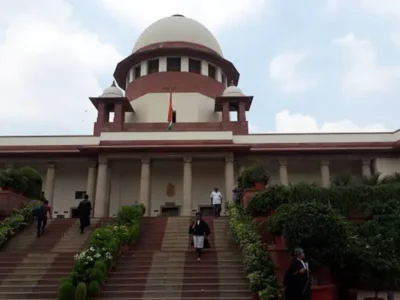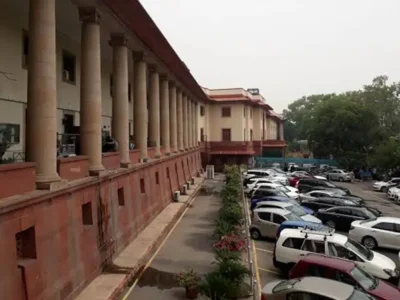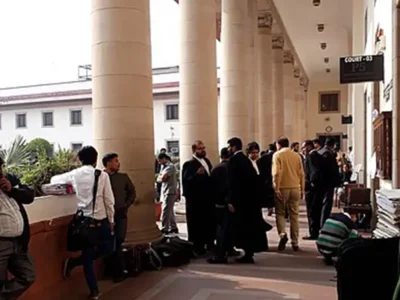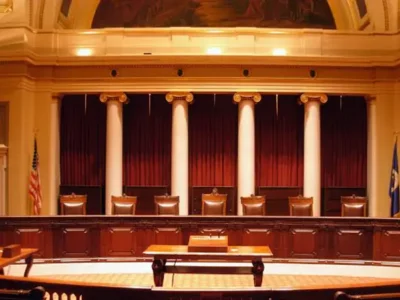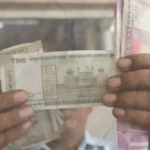A Refreshing Approach to Tackling Repeated Adjournments
Justice Gautam Patel’s order dated 27 February 2018 in Ram Nagar Trust No. 1 v. Mehtab Sheikh imposing a cost of Rs. 1000 for each of the 450 days of delay in filing an affidavit, by the plaintiff, is an extremely important one in the context of the enormous delay that characterizes our judicial system.
Talk Point: Has the Judiciary’s Overreach in Cricket, Medical Education, Among Others, Damaged Its Credibility?
Timely judicial intervention has often helped shape important policies. But recent judicial efforts to oversee legislative action have boomeranged.
“This Is No Reason To Celebrate”, Says Harish Narasappa, Co-Founder DAKSH,
Recently, it was reported that four States and one Union Territory, namely, Haryana, Punjab, Himachal Pradesh, Kerala and the Union Territory of Chandigarh, had managed to reduce pendency of 10-year old cases in lower courts to less than one per cent of total pendency.
Capacity in the Judiciary
The Supreme Court has, in March 2017, passed an order in Hussain v. Union of India suggesting various steps that High Courts should take with a view to disposing of criminal cases, particularly bail petitions, in a speedy manner.
Demonetisation and the Rule of Law
The debate since then has largely centered on the soundness of economic thinking behind the decision, the failure to plan its implementation properly, and the potential impacts, positive or negative, on 'black money' in the country.
How to Maximize Judicial Time
Discussions on India’s judiciary will always mention pendency of cases and shortage of judges—it is claimed the former is a consequence of the latter and of how time is managed.
Understanding the State of the Indian Judiciary
IDFC Institute Conversation hosted a private discussion with Justice Gautam S. Patel, sitting judge of the High Court of Bombay, and Dr. Harish Narasappa, founding partner of the law firm Samvad Partners and co-founder of DAKSH, for a discussion on "Understanding the State of the Indian Judiciary."
You Can’t Improve Access to Justice if the Courts Are Inefficient: Daksh Co-founder Harish Narasappa
DAKSH, the Bengaluru-based NGO, is a civil society organisation that undertakes research and activities to promote accountability and better governance in India, founded by citizens from varied backgrounds.
“Judges Aren’t The Problem”
Bangalore-based Daksh has analysed data from courts to map the challenges facing the judiciary. The key finding, says its founder Harish Narasappa, is that there is a need to set up a separate administration for the judiciary to free up judges’ time.
Cost of Pendency of Cases Could Be as High as 1.5% of Gdp: Harish Narasappa
Bengaluru-based DAKSH's State of the Indian Judiciary report focuses on the inefficiencies in the judicial procedures.



